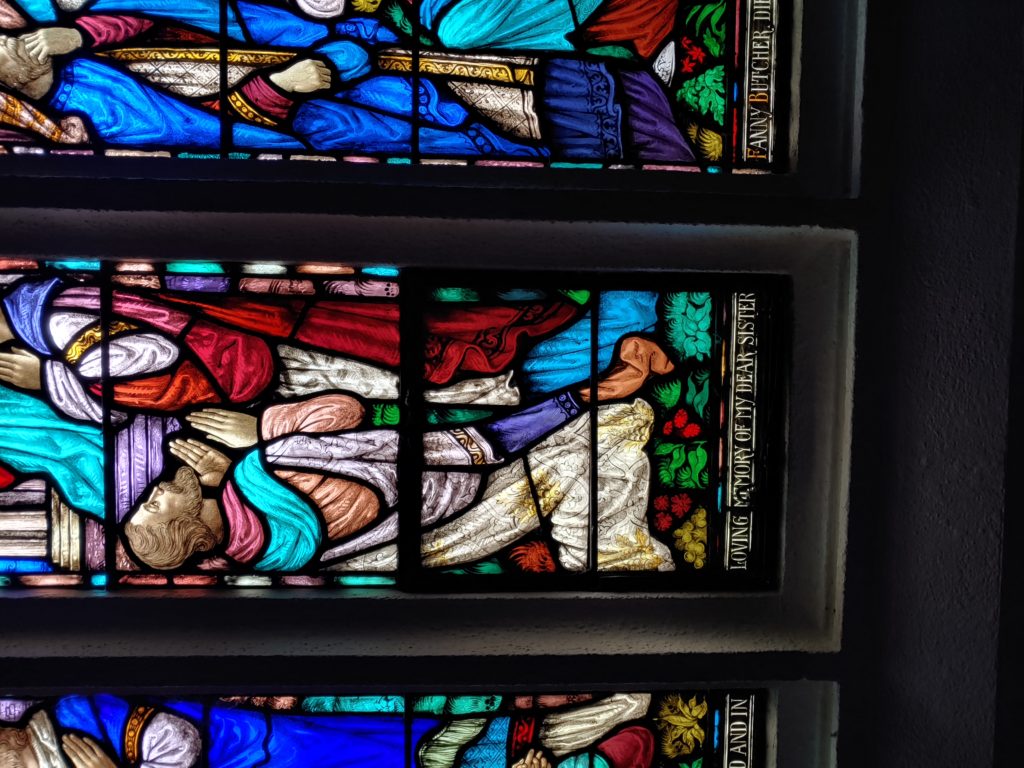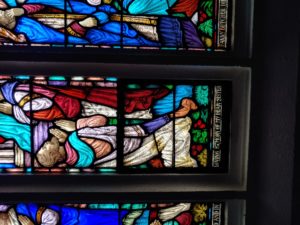From the rising of the sun to its setting my Name shall be great among the nations, and in every place incense shall be offered in my Name, and a pure offering; for my Name shall be great among the nations, says the Lord of Hosts. (Malachi 1:11) (BCP, p.106)
People: Thanks be to God.
It doesn’t say that the nations will follow a holy path, or that love of God, self, and neighbor will be the guiding political principles. But somewhere in the world, among the many nationalities and faiths, there are people who offer sincere and honest prayers to God. Every moment of every day (the sun is always rising, shining, or setting somewhere, after all!) God is loved, honored, called upon, and recognized.
There isn’t a single place on the planet that lacks the spirit of prayer, or the Spirit that guides them. There isn’t a single faithless, prayerless moment.
Every day, from the rising of the sun to its setting, you and I are invited to participate in this most holy endeavor. What a wonderful thing to remember as morning transforms into afternoon.






